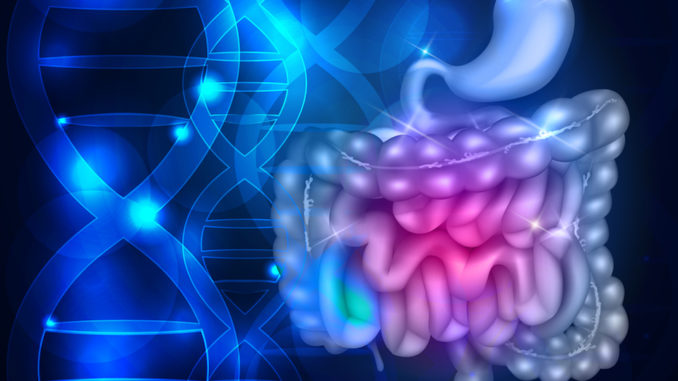
Seres Therapeutics, Inc. (Nasdaq:MCRB) today announced that it has enrolled the first patient in its Phase 2B trial, ECO-RESET, evaluating microbiome development candidate SER-287 in patients with active mild-to-moderate ulcerative colitis.
Seres has received $40 million in milestone payments associated with this study start from Nestlé Health Science.
Advancing SER-287 into a late stage Phase 2B trial is a significant achievement,
said Kevin Horgan, M.D., Executive Vice President and Chief Medical Officer.
We are hopeful that SER-287 may provide individuals with ulcerative colitis with a novel microbiome-based, non-immunosuppressive therapy that addresses the underlying pathology of this serious disease. If this study is successful, we believe the trial results could provide important support for registration of SER-287.
The SER-287 Phase 2B ECO-RESET study has been designed as a pivotal trial. The Company recently obtained feedback from the FDA indicating that results from this study, in conjunction with data from a second pivotal study, could enable a SER-287 Biologics License Application.
The Phase 2B study is a three-arm placebo-controlled trial of approximately 200 patients with active mild-to-moderate ulcerative colitis. Two groups of patients will receive different doses of SER-287, both following pretreatment with a short course of oral vancomycin. A third study arm will receive placebo. The study’s primary endpoint will evaluate clinical remission measured after 10 weeks of SER-287 administration. Endoscopic improvement will be measured as a secondary efficacy measure.
About SER-287
SER‐287 is a biologically sourced oral capsule developed using Seres’ proprietary microbiome therapeutics platform. The SER-287 Phase 2b study clinicaltrials.gov identifier is NCT03759041. A SER-287 Phase 1b placebo-controlled induction study in patients with mild-to-moderate active ulcerative colitis demonstrated a dose-dependent improvement of clinical remission rates and endoscopic scores and a favorable tolerability profile.

